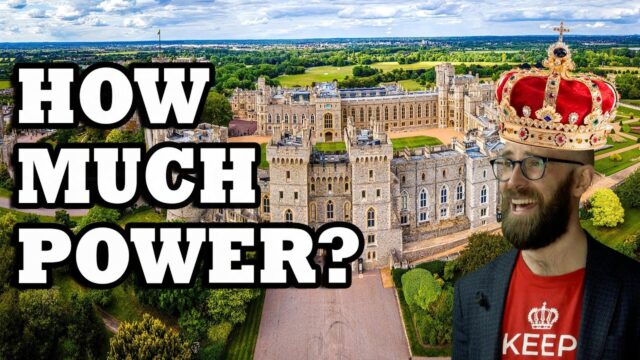“Unraveling the Myths: The Surprising Reality of Medieval Monarchical Power Revealed!”
The Church and the barons, of course, would take note. If the King swayed from his mission statement, they would feel morally justified to rebel. Kings knew it, and thus, in theory at least, imposed themselves a healthy dose of self-restraint. According to Medieval Historian Professor Joel T. Rosenthal,
‘When a king pursued a course of action that flirted too closely with tyranny, or when he appointed men whose origins were thought to debase or sully their positions, he was likely to face noble opposition.’
On top of all this, a European monarch’s actions were also bound to another set of regulations, the so-called ‘feudal contract’.
This was part of the widespread feudal system, itself borne out of a very tangible concern- geography. Kingdoms such as England and France at the time could not be effectively ruled by a single centre of gravitational power, therefore monarchs were forced to decentralise the administrative functions of their government.
Citing again the example of William the Conqueror, the Norman steamroller knew very well that decentralised power was the way to go, and thus divided England into large plots of land, or ‘fiefs’, entrusting them to noblemen or barons, whatever you like to call them.
The barons, in turn, divided their lands into smaller plots, and assigned them to their vassals, who were often knights. Each knight swore fealty to his ‘suzerain’, i.e. the baron, in an act called ‘homage’. As a requirement of this ‘homage, the vassal had to collect taxes on the suzerain’s behalf and provide an agreed number of troops should they be required.











